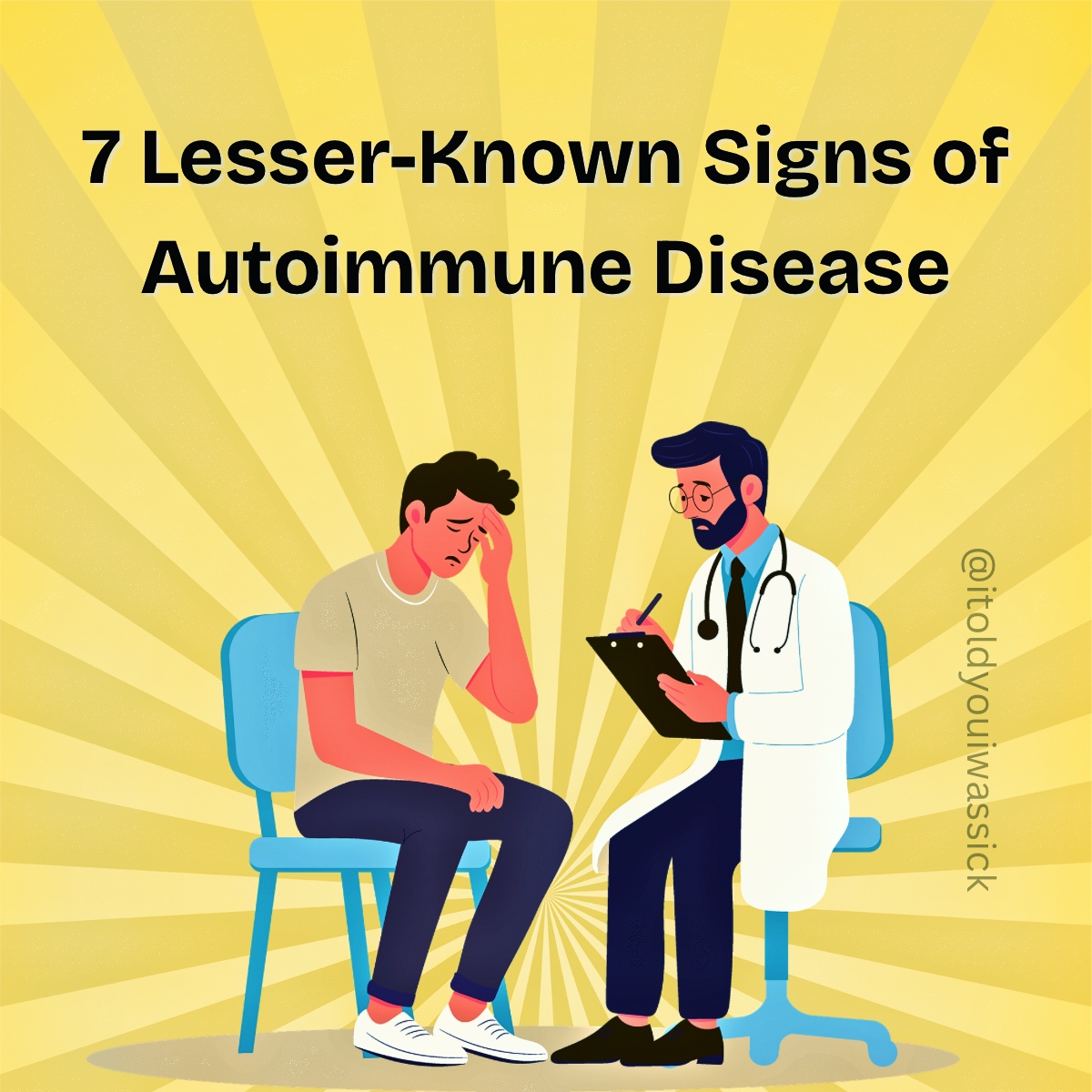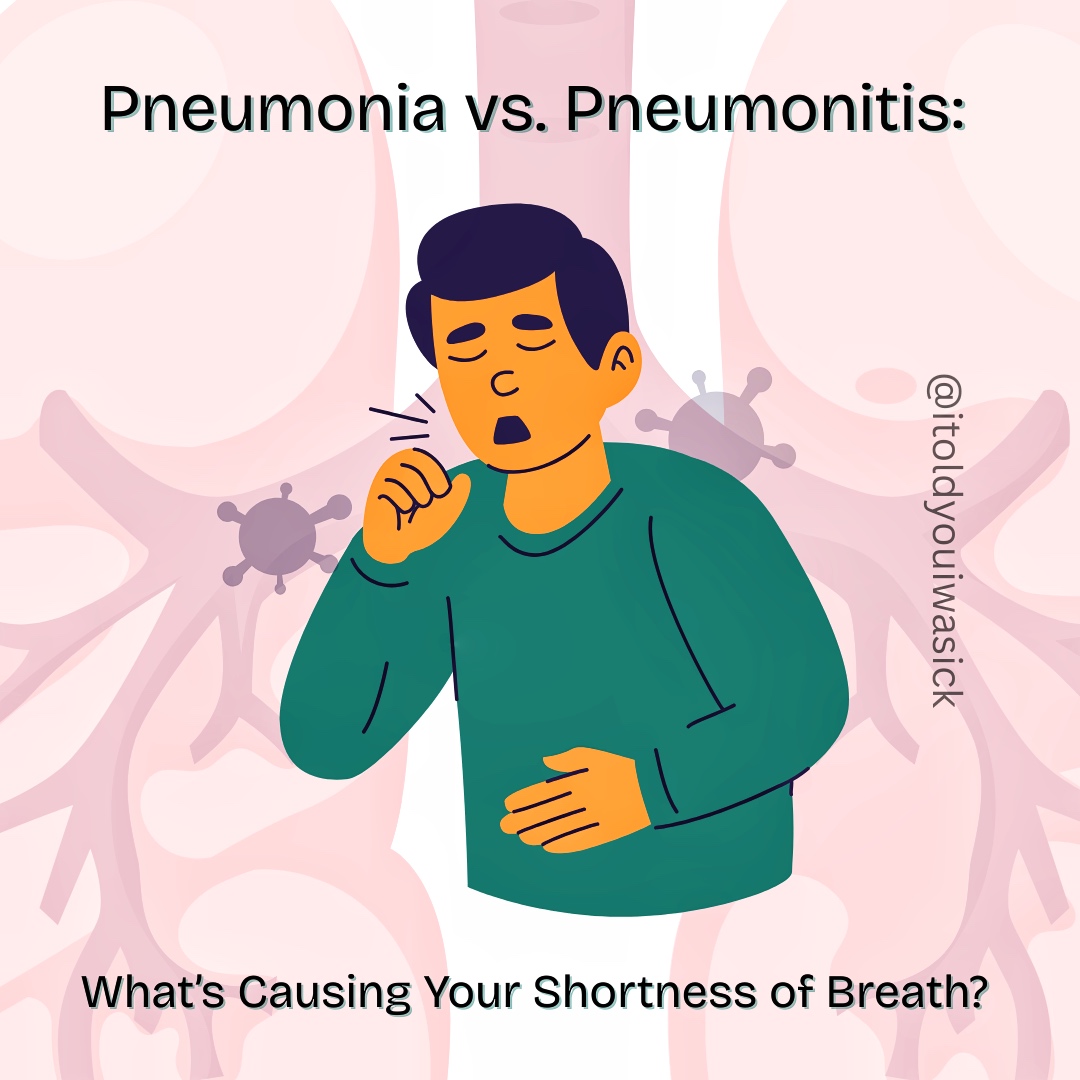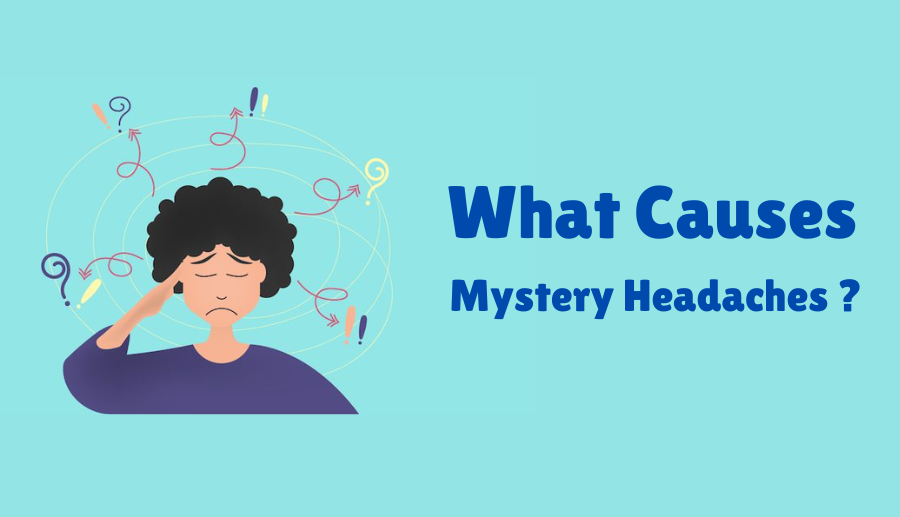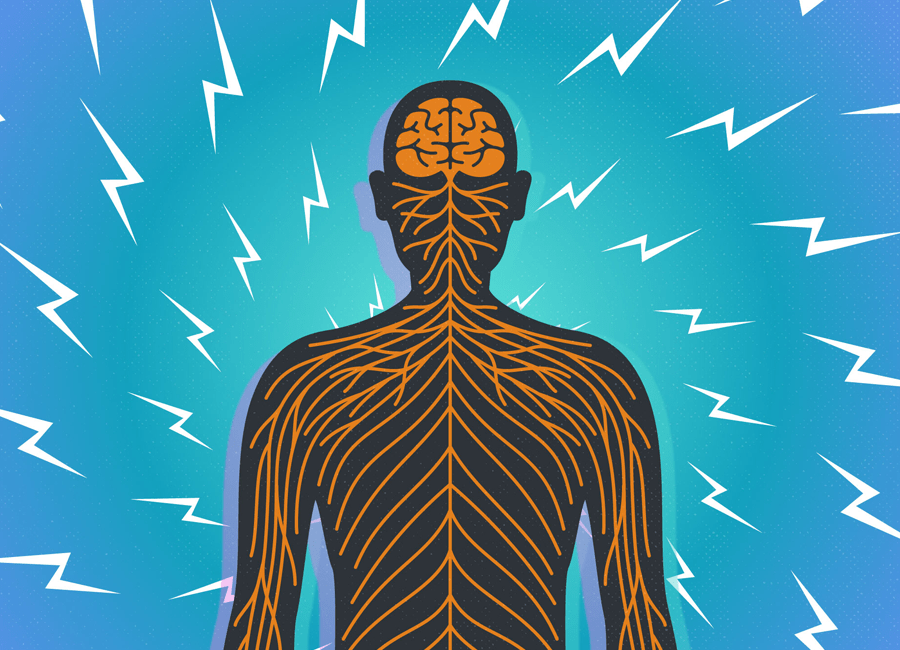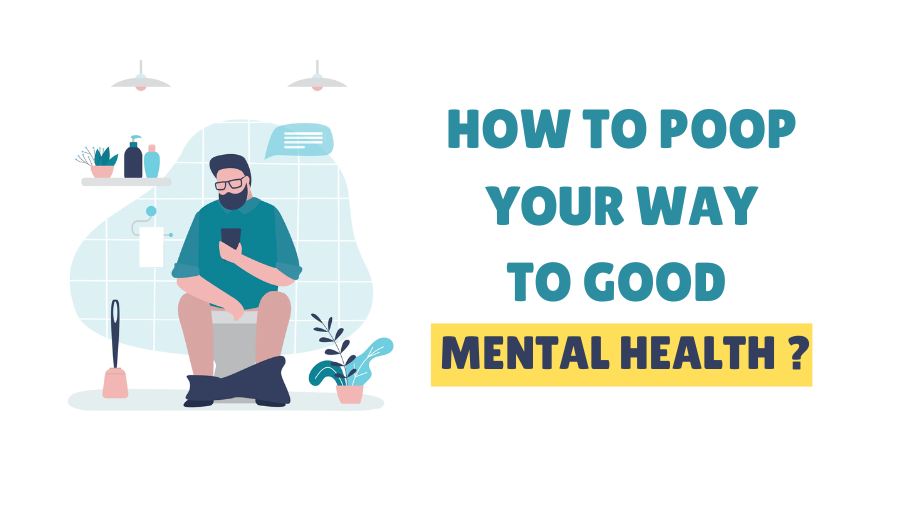
I love talking about bowel movements. No, really. I’m not trying to be gross here, but if more people would openly discuss their bowel habits, we might be a healthier society. Not only can constipation make you physically sick, it can also contribute to poor mental health.
What is Constipation?
Constipation is medically characterized by having a bowel movement less than three times per week.
Though the number of times one should sit on the throne varies from person to person, you should ideally have a full-bodied, hard, firm stool at least once a day.
What Causes Constipation?
Poor diet, food allergies, autoimmune disease, lack of fluids, stress, and/or medication side effects can cause constipation.
How Can Constipation Affect My Mental Health?
Chronic constipation can contribute to depression. If waste products remain backed up in the system, it can prevent the essential absorption of nutrients from your food, which can interfere with the flow of feel-good chemicals in your brain such as serotonin and norepinephrine.
What makes matters worse is if constipation is severe enough, it can cause toxins to filter back into the system, which can lead to anxiety, panic attacks, irritability, and insomnia.
Mental health problems associated with constipation may be more common than you think. Since no psychiatrist will prescribe a fiber supplement for a diagnosis of depression or anxiety, you’ll have to regulate it yourself.
How to Treat Constipation Naturally
To avoid mental health problems associated with constipation, you’ll need to do a few things.
Clean Up Your Diet
The best way to avoid constipation-related health problems is to clean up your diet. Avoid processed foods and eat a diet rich in healthy, whole foods such as:
- Lean meat, chicken, and fish
- Organic fruits and vegetables
- Beans
- Whole grains
- Dairy (go easy on the hard cheese)
Take Digestive Enzymes
Many people have hidden malabsorption issues, meaning their digestive systems don’t break food down properly the body can make the most of the nutrients contained therein. Adding a digestive enzyme to boost digestion and improve nutrient absorption can help regulate bowel movements naturally.
Try Probiotics
Probiotics are the active cultures naturally found in your gut, but if your digestive system has an imbalance of this essential flora, it can contribute to mental health symptoms. Adding probiotics can help support balanced gut health and may reduce feelings of anxiety and depression when combined with prescribed therapy and medications.
Add Prebiotics
Prebiotics help support the growth of friendly bacteria in your gut (the probiotics), which is why it’s ideal to include both in your constipation-prevention regimen.
Take Soluble Fiber
Your body can’t digest soluble fiber, but when mixed with water in your intestines, it expands, helping to flush built-up waste from the colon. Psyllium fiber, apple pectin, and kiwifruit powder are all good sources of this helpful essential.
Alternatively, Garden of Life Organic Digest offers digestive enzymes, prebiotics, and fiber all in one convenient chewable. This way, you’ll only have to add your favorite probiotic instead of juggling a bunch of different new pills!
Digestive enzymes, fiber, and prebiotic together, take alone or in conjunction with a probiotic
Add Chelated Magnesium
Magnesium is known as ‘The Miracle Mineral’ because it’s responsible for over 300 enzymatic reactions in the body. Not only is magnesium a natural, non-dependent laxative, but it also helps support good neurological health.
Constipation-related mental health symptoms can be avoided if you use the above natural remedies to get things moving again.
Note: Always talk with your healthcare provider before starting a new supplement regimen. If you take medication for your mental health, supplements are not meant to replace them, so don’t stop taking them without talking with your doctor first.
Sources:
https://www.frontiersin.org/journals/psychiatry/articles/10.3389/fpsyt.2023.1152435/full

